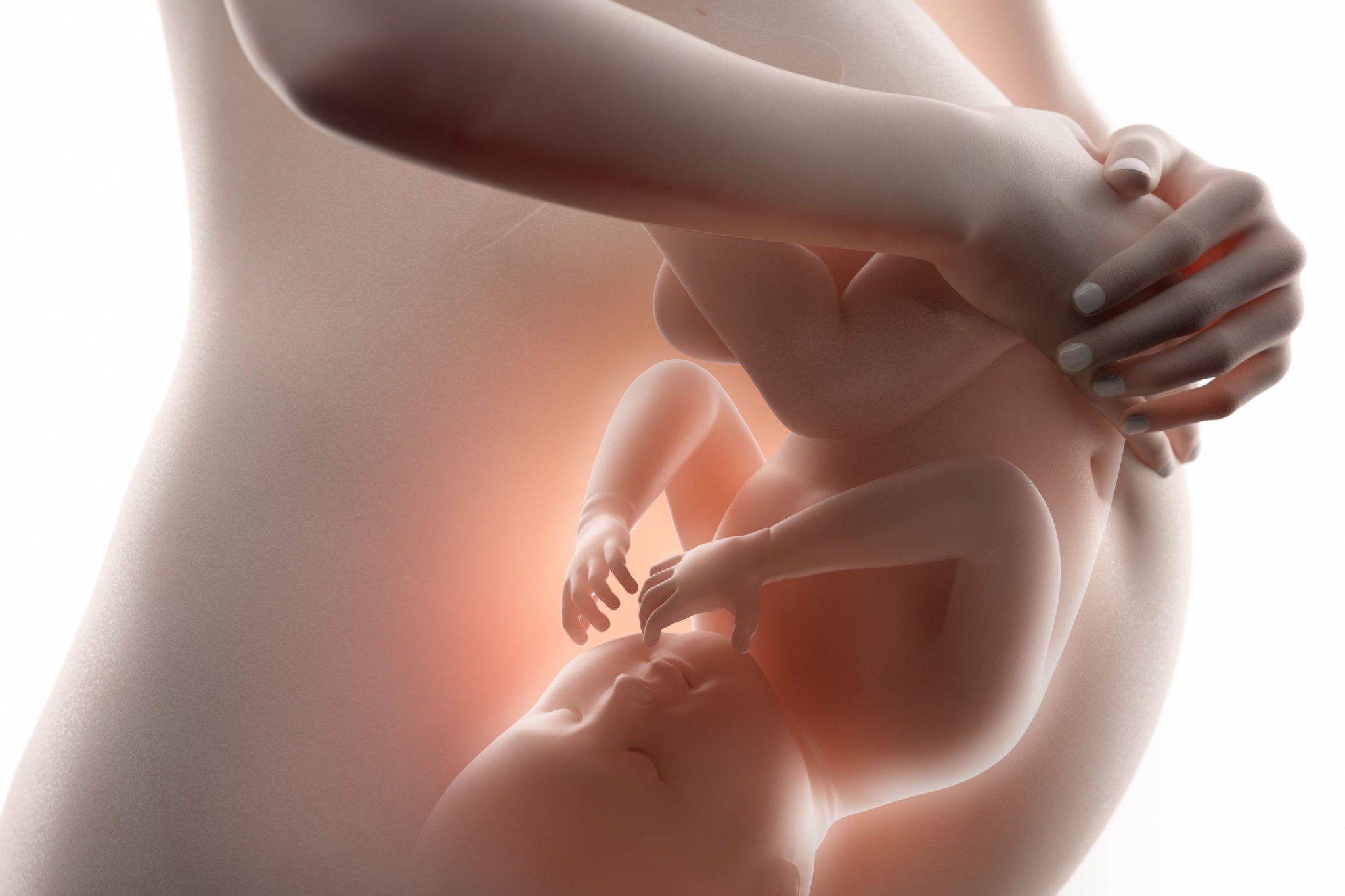The journey of pregnancy and childbirth brings joy, excitement, and numerous physical changes for new mothers. While this period is often celebrated, it is crucial to recognize that it can also bring about various mental health conditions that require attention and support. At 9M Hospital, our dedicated team of gynecologists Pune understands the importance of postpartum mental health and aims to provide comprehensive care to new mothers.
In this blog post, we will explore essential information about postpartum mental health conditions and highlight the significance of postpartum care.
Understanding Postpartum Mental Health
Postpartum mental health encompasses the emotional and psychological well-being of mothers following the birth of their child. It is a crucial aspect of overall postpartum care and deserves careful attention. While it is normal for women to experience mood swings and temporary feelings of sadness or overwhelm, some may encounter more severe conditions that necessitate professional support and intervention.
The postpartum period, often referred to as the fourth trimester, can be an emotionally intense time for new mothers. Hormonal changes, physical recovery, and adjusting to the demands of caring for a newborn can all contribute to emotional vulnerability. While many women experience what is commonly known as “baby blues,” which typically involves mild mood fluctuations and occasional tearfulness, others may develop more serious mental health conditions.
Here are a few common postpartum mental health conditions:
Postpartum Depression (PPD)
Postpartum Depression (PPD) is a significant mental health condition that affects many women after giving birth. It is characterized by persistent feelings of sadness, hopelessness, and a general lack of interest or pleasure in daily activities. PPD can occur within the first few weeks after childbirth or develop gradually over several months. Symptoms of postpartum depression may include:
- Intense mood swings
- Overwhelming fatigue
- Changes in appetite
- Sleep disturbances
- Loss of interest
- Difficulty bonding with the baby
Postpartum Anxiety
Postpartum Anxiety is a common mental health condition that affects some women after childbirth. While it is normal to experience some level of worry or concern when caring for a newborn, postpartum anxiety involves excessive and persistent feelings of fear, apprehension, and unease that can significantly impact a mother’s daily life and well-being. Here are some key aspects of Postpartum Anxiety:
- Intense Worry
- Physical Symptoms
- Sleep Disturbances
- Hyper-Vigilance
- Impact on Daily Functioning
Postpartum Post-Traumatic Stress Disorder (PTSD)
Postpartum Post-Traumatic Stress Disorder (PTSD) is a condition that can occur in some women following a traumatic childbirth experience. While childbirth is often portrayed as a joyful and positive event, some women may go through distressing or traumatic events during labor and delivery, leading to postpartum PTSD. Here are some important aspects of Postpartum PTSD:
- Traumatic Birth Experience
- Intrusive Memories and Flashbacks
- Avoidance Behavior
- Hyperarousal and Hypervigilance
- Emotional and Physical Distress
Postpartum Psychosis
Postpartum Psychosis is a rare but serious mental health condition that can occur in some women shortly after childbirth. It is considered a psychiatric emergency that requires immediate medical attention. Postpartum psychosis is characterized by a severe disturbance in a woman’s thoughts, emotions, and behaviors. Here are key aspects of Postpartum Psychosis:
- Onset and Symptoms
- Risk Factors
- Impact on Functioning
- Safety Concerns
- Treatment
The Importance of Postpartum Care
Postpartum care plays a vital role in promoting the well-being of both the mother and the baby. Regular check-ups with gynecologists Pune at 9M Hospital ensure that any physical or mental health concerns are addressed promptly. Here are key aspects of postpartum care that aid in identifying and managing mental health conditions:
- Open Communication: Honest and open communication between new mothers and healthcare professionals is essential. This allows for the early detection of any signs or symptoms of postpartum mental health conditions.
- Emotional Support: Providing emotional support to new mothers can help alleviate the feelings of isolation and anxiety that may arise during the postpartum period. Supportive family members, friends, and professional counseling services can offer the necessary guidance and empathy.
- Education and Awareness: Educating new mothers and their families about postpartum mental health conditions can help them recognize the signs and seek appropriate help. Promoting awareness reduces the stigma associated with these conditions and encourages early intervention.
- Individualized Treatment Plans: Postpartum mental health conditions require tailored treatment plans. Gynecologists at 9M Hospital work closely with mental health specialists to develop comprehensive treatment approaches that may include therapy, medication, and lifestyle modifications.
Conclusion
Postpartum mental health conditions are common and should not be overlooked. At 9M Hospital, we prioritize postpartum care and understand the importance of addressing the mental well-being of new mothers. By fostering open communication, providing emotional support, and offering individualized treatment plans, we aim to create a nurturing environment that promotes optimal postpartum mental health.
If you or someone you know is experiencing postpartum mental health challenges, do not hesitate to reach out to our team of experienced gynecologists in Pune at 9M Hospital. Together, we can ensure a smooth and healthy transition into motherhood.




